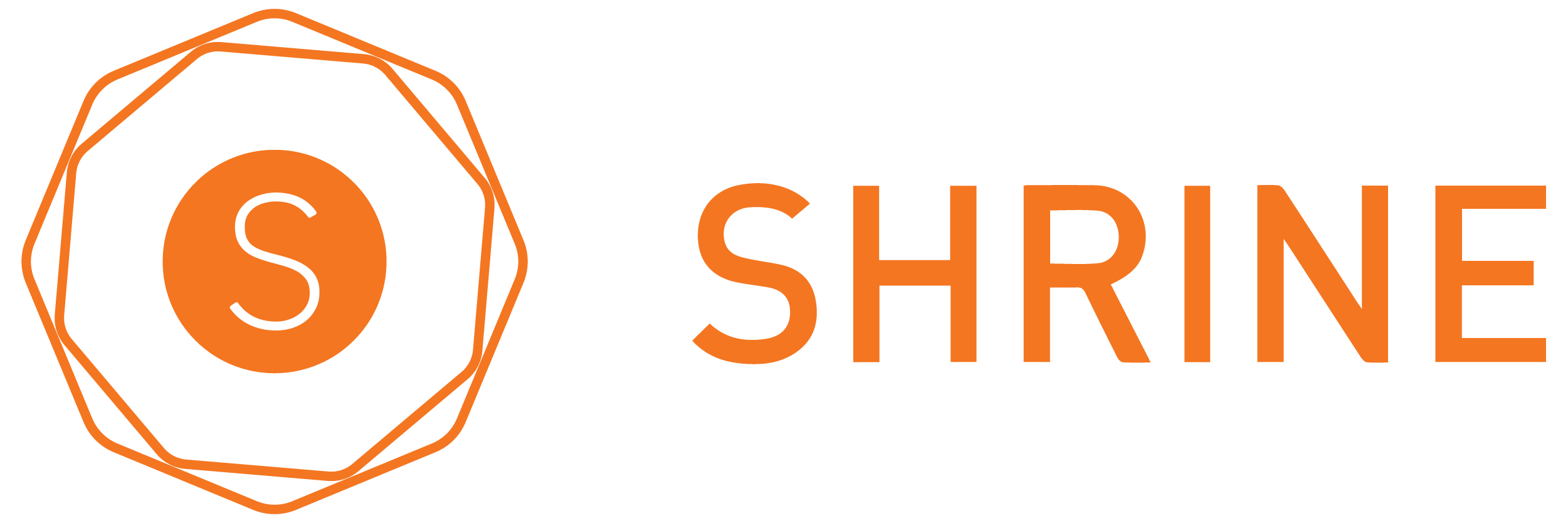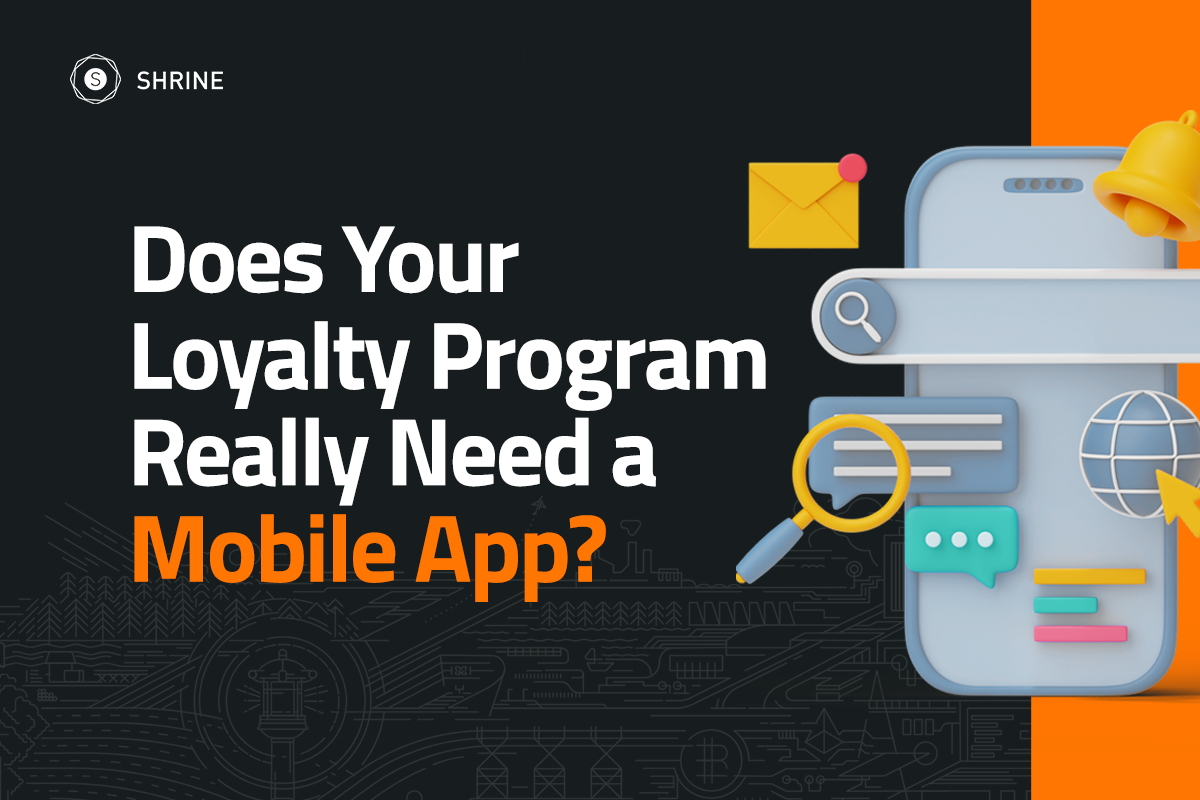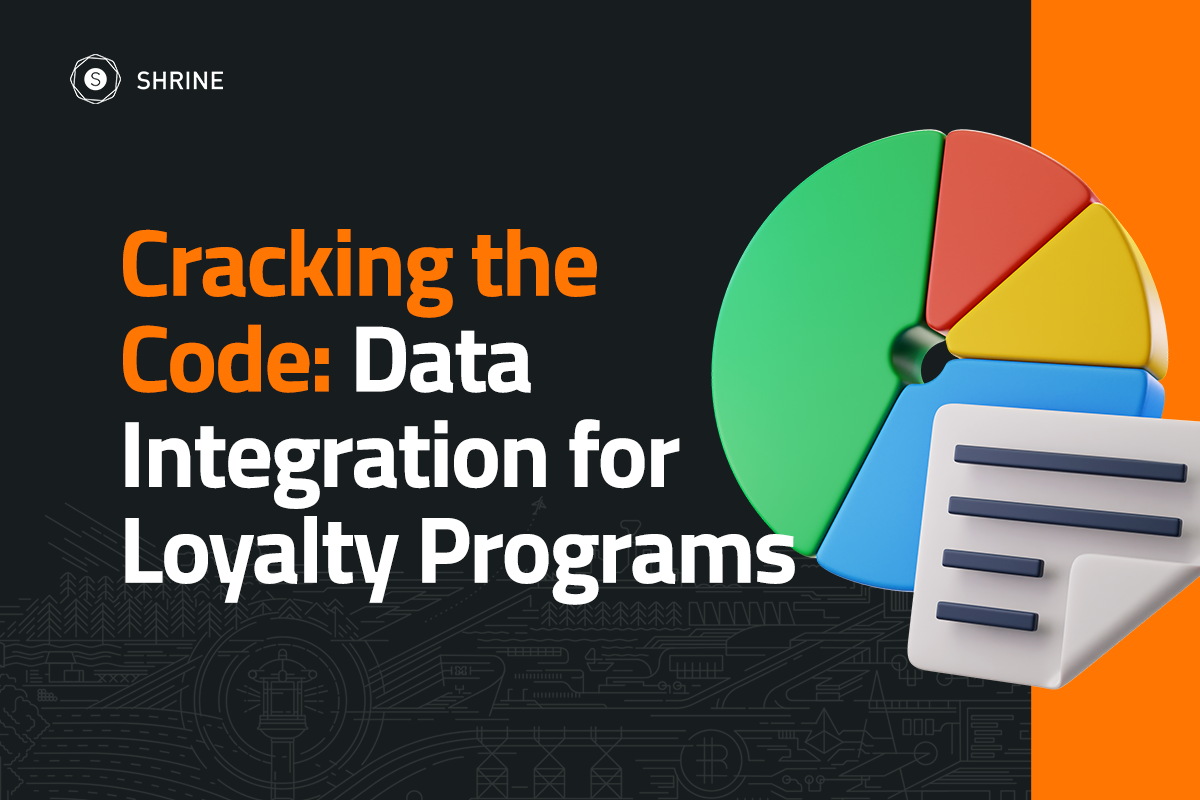Welcome to Part 3 in our series on ways to get your mobile or web application ready for market. If this is your first visit, be sure to check out Part 1 (Hire a Friend) and Part 2 (Freelancers). We’ve got some useful tips and insights to help to find the right path for your app.
Today we’re talking about agencies. Before we get into the pros and cons, let’s clarify what qualifies as a software development agency. Agencies can come in all shapes and sizes, from small, boutique firms that specialize in bespoke software to multinational dev shops that build some of the apps you use every day. You may sometimes hear them colloquially referred to as “dev shops”.
For the purposes of this discussion, we’re defining agencies not by their size but by the service they provide, any firm specializing in software or app development. The best agencies are often a trusted firm that is local to your area (we’ll get into why local is important later). Ideally, they’re also familiar with your target industry. Agencies tend to cost more than hiring an individual developer, but can actually end up saving you money and time in the long run.
Pros
- Reliable. Regardless of their size, an agency with an established track record of launching software or apps gives your project a better likelihood of success. They already have a team in place and a process worked out so you can follow their lead. This can be especially important if you personally haven’t launched an app before: an agency can help make sure you don’t miss any steps and can jump in to solve problems when you run into roadblocks.
- Resources. With an agency, you’re not limited by what one person can accomplish in a day. They likely have multiple developers on their team who can work on different parts of your app simultaneously to help you get to market faster. A team of engineers is also able to work together to troubleshoot issues and improve each other’s work in a way a lone developer cannot.
- Consistent quality. As we discussed in our most recent post, the spectrum of quality is broad when it comes to individual freelance developers. In general, the dev work at an agency is going to be more consistent simply because the business demands it. Their customers expect a certain level of quality, and the owners cultivate a team that can deliver it.
- Allows you to focus on the business. There’s less hand-holding when you work with an agency. They generally have a process to get the information their team needs up front and will schedule regular meetings along the way where you can provide feedback and direction. You may even have an account manager who regularly keeps you informed of their progress. You’ll still be involved in the process, but you don’t have to be in charge of the process; you can focus on your business plan, securing funding, and making sales.
- More than just code. A full-service agency will often be able to provide UI/UX and graphic design, marketing support, and assist in developing a business strategy for your app. If you’re working with an individual developer (such as a freelancer or a friend), they likely specialize in just one area: writing code.
- Market familiarity. Any new product launch requires some amount of assumptions and guesswork. You don’t really know how things will go or how your audience will respond until you test it out. If you work with an agency, particularly one that is local to your area, they have a better chance of already being familiar with your market. This improves their chances of making better decisions in the development of your app. Someone who isn’t local or knows nothing about your target market won’t have enough context to make informed decisions throughout the development process.
Cons
- Price. Agencies have fixed costs, overhead. Their prices are likely to reflect the additional resources required to run their team. You’re not just paying the hourly wage of one developer: there may be multiple devs working on your project, an account manager, graphic designer, even sales and marketing support. Additionally, your first project with an agency is likely to cost a bit more because there is more up-front work to establish familiarity with your business and scope the project.
- More work up front. Whereas a friend or freelancer might be willing to fly by the seat of their pants, an agency is likely to require that your project be clearly scoped and outlined before development work begins. They have a team of people who all need to know your project specifications so they can complete their individual assignments. The larger the team, the more clearly things need to be scoped out.
- Non-technical staff. Some agencies have a sales team whose roles are purely sales. There’s nothing wrong with having a sales team, but things can get murky if the salesperson you’re working with doesn’t fully understand the technical requirements of your project. It’s important to double-check any assumptions and make sure what they’re promising is achievable.
Tips to make it work
- Check your budget. Agencies are usually better off for established companies or startups that have raised outside capital. Individual founders and sole proprietorships can use agencies as well, but make your budget clear to your agency up front and make sure there is a way to control the costs on your project.
- Prototype. I can’t overstate the importance of a prototype early on in the process. If you’re starting out with an idea, the last thing you want to do is spend tens of thousands of dollars in development costs only to realize there’s a fatal flaw in the design or that you missed a critical assumption. Prototyping an app before you write a single line of code allows you to test your idea and make improvements that will save you time and money in the long run. Work with an agency that has an established process for prototyping and design.
- Get a detailed quote. Watch out for a ‘spreadsheet and a prayer’ quotes or fixed bid quotes that are too low. You should be an active participant in the quoting process: give your agency all the information they need to accurately scope your app. Don’t just ask for ballpark figures or expect to figure out the details later.
- Structure your agreement based on priorities. Understand the trade-offs between time, speed, and cost. If you want to go to market fast, then it might be best to structure your agreement based on development hours plus materials, but both you and your agency have to be ethical about keeping costs in line. If time is less of a factor but your budget is limited, you might be better off with a different fee structure. Discuss your budget and priorities openly with your agency so you can structure an agreement that works for both parties and gets you a high-quality end product.
Stay tuned for our next installment in this series which will cover everything you need to know about working with offshore developers.
Need help bringing your app idea to market? Drop us a line and tell us about your big idea. We’d love to help!




